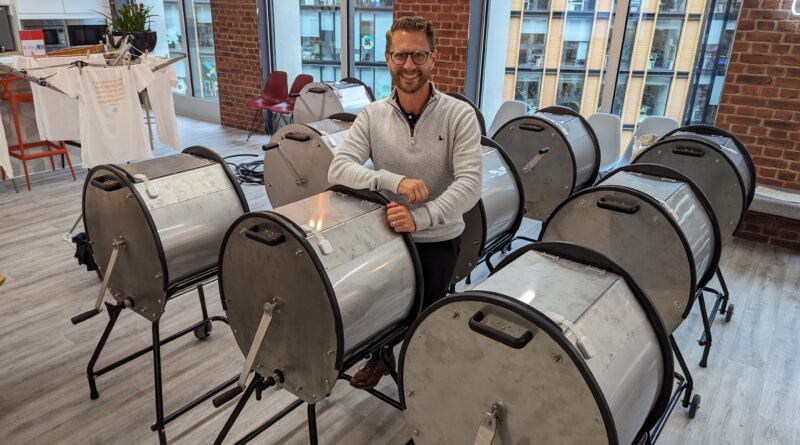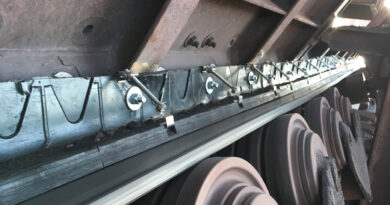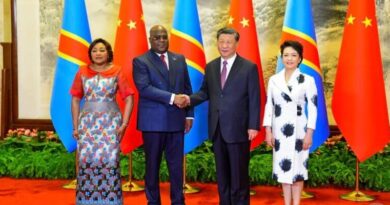RS Group extends partnership with the washing machine project to alleviate the burden of handwashing clothes
Continued charity partnership will see further collaboration to build and deploy ground-breaking off-grid washing machines for those who need them most.
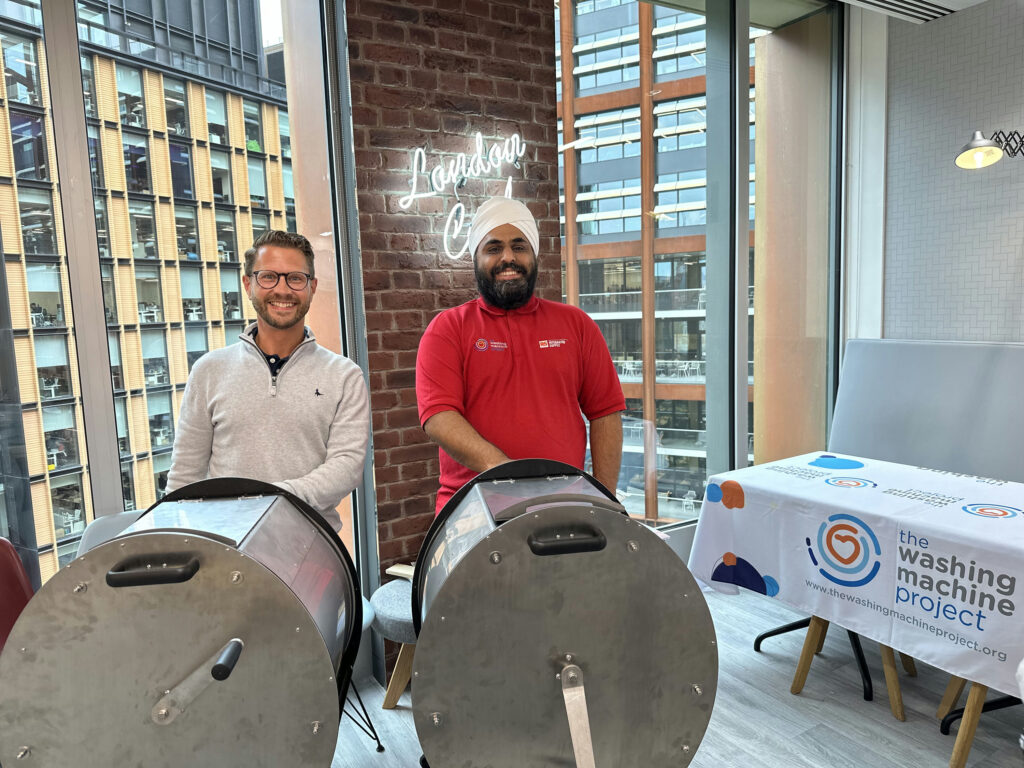
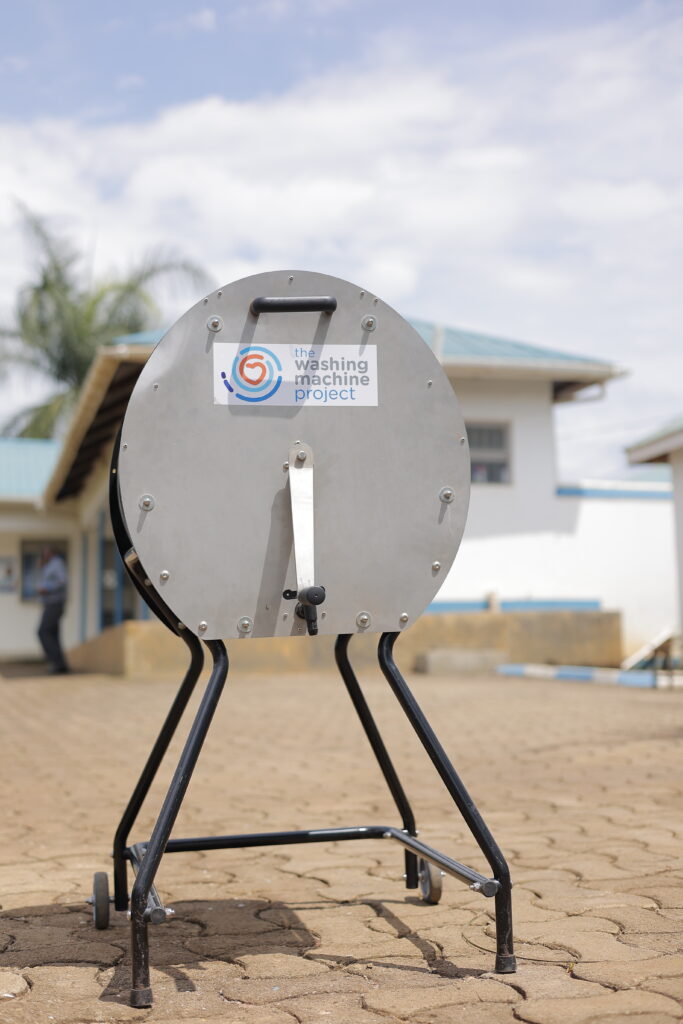
RS Group plc (LSE: RS1), a global digitally enabled distributor of product and service solutions for industrial customers, is delighted to announce an extension of its partnership with The Washing Machine Project (TWMP) for another year. This will build on the success of its three-year global charity partnership, which aims to alleviate the burden of washing clothes for thousands of remote, displaced and low-income families and communities.
Around 60% of the world’s population hand washes clothes1, which can be a time-consuming and arduous task that poses a major barrier for low-income and displaced people around the world. The Divya Washing Machine is the world’s first flat-pack manual washing machine that can be assembled and repaired with off-the-shelf tools. It is built with commercial-grade components and stainless-steel construction from RS Group including plastics and metal.
Since the partnership between RS Group and TWMP started in 2021, the former has provided volunteer support and physical components to help build the off-grid washing machines, reducing the time burden of handwashing by 75% and water usage by 50%2 in the communities supported, furthering both organisations’ ambition to create a more sustainable world.
Over the past three years, RS Group’s commitment to TWMP’s mission has been evident through:
- The dedicated support of more than 650 employee volunteers. Volunteers globally have contributed their time, skills, and expertise to building washing machines and providing invaluable supply chain and industry advice to TWMP to support its growth.
- Over £730,000 in donations raised and counting. From bake sales and football tournaments to matched funding, RS Group employees and suppliers have raised funds within their communities and made personal donations to further the cause.
- Positive impact on the lives of over 30,000 individuals across 13 countries. The washing machines built and funded by RS Group have been deployed to refugee camps in Iraq and Lebanon, schools in Uganda and Kenya, and homeless people in the USA to name a few.
Reflecting on the initial partnership, James Tucker, Social Impact Manager at RS Group, commented: “We are incredibly proud of the support we’ve been able to offer TWMP over the past three years. Our collective efforts have brought about tangible change in communities around the world, touching the lives of thousands of individuals. This extension was a natural next step as we continue our support through volunteering, providing skills and machine building, offering ongoing funding and extending our network and resources to them.”
Looking ahead, RS Group has ambitious plans for the coming year. In order to expand volunteer opportunities globally, employees will take part in a range of activities, including a walking challenge, in-office machine builds and sky diving. One employee is even embarking on the challenge to climb up Mount Snowdown carrying a Divya washing machine on his back.
“Thanks to RS Group’s generous fundraising, resources, and guidance on streamlining our supply chain to access remote regions, TWMP can focus our efforts over the next year on building Divya washing machines with even more RS Group employees. This will dramatically improve the lives of thousands of people around the world, including those in the CCAC Lesvos Refugee Camp in Greece. I’m excited to build on our learnings over recent years as we continue this special partnership,” commented Nav Sawhney, Founder, The Washing Machine Project.
Support The Washing Machine Project by making a donation at RS Group and The Washing Machine Project – JustGiving.
[1] Sterbenz, C. (2014, January 29). Why The Washing Machine Was The Greatest Invention Of The Industrial Revolution. Business Insider.
[2] The Washing Machine Projects interviews people worldwide about their washing habits. Based on field research, the average time burden reduction was 75% and water reduction was 50%.

